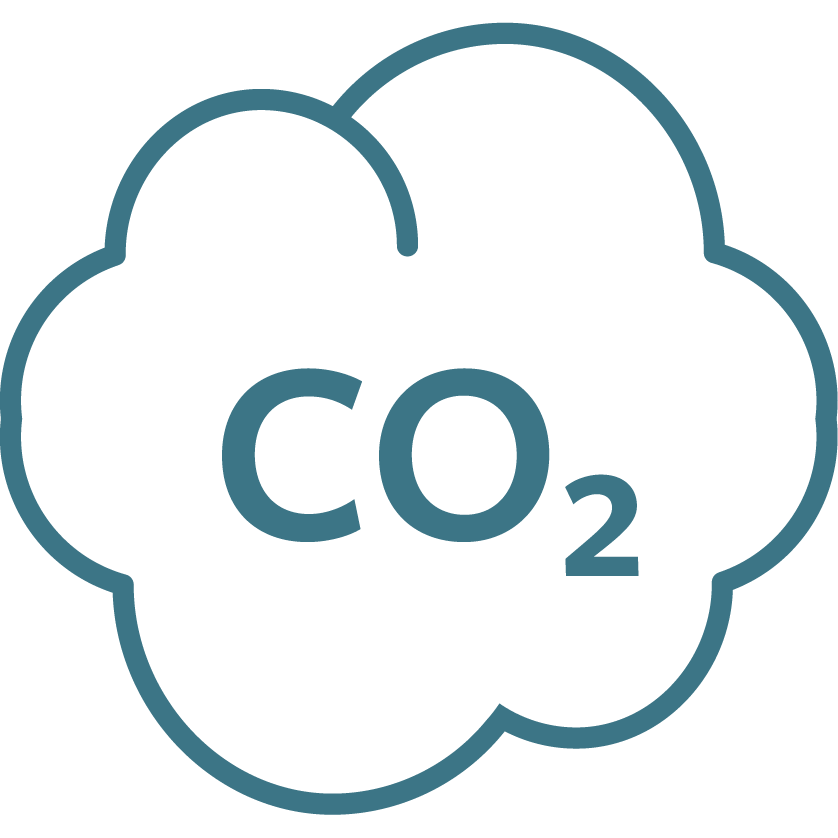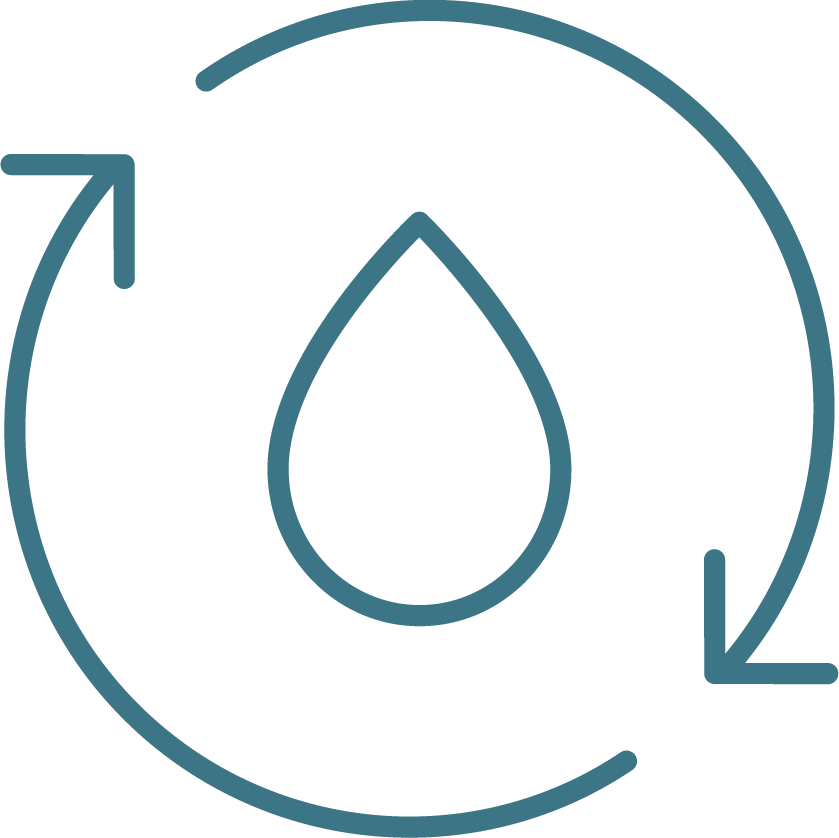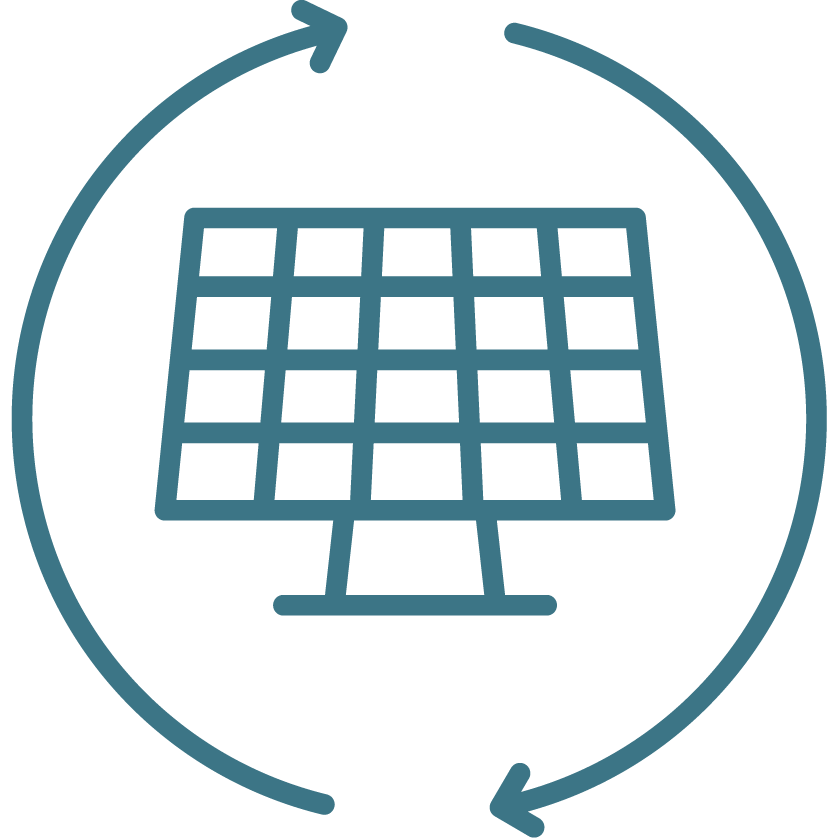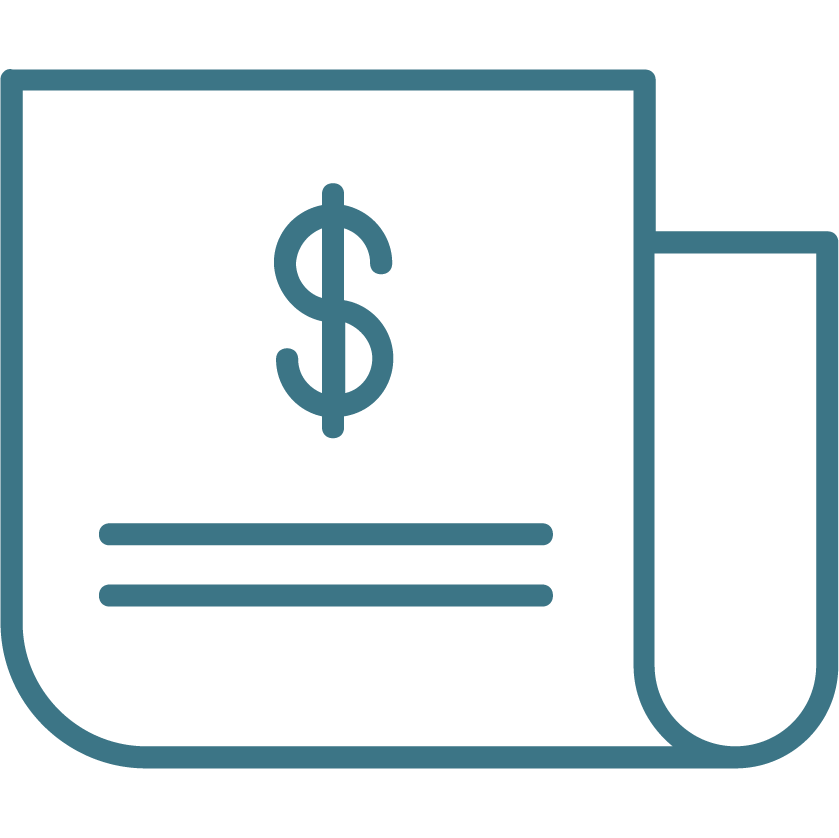-

36.04
tCO2eq / revenue in millions of euros
scope 1 and 2 emissions (location-based)->
- 42% vs baseline 2021

33,89
tCO2eq / revenue in millions of euros scope 1 and 2 emissions (market-based)

0.97
Ml/ revenue in millions of euros
water withdrawals -> - 35% vs baseline 2021

93%
of recovered non-hazardous waste

76%
of excavated
material reused on-site or off-site

94
produced by photovoltaic

3.32
LTIFR
Safety index -> -41% vs baseline 2021

~ 1,3
billion euros
of economic value generated

94%
procurement costs
to local suppliers
92%
of economic value distributed
to external stakeholders -
Letter to Stakeholders
Progress, sustainability and the creation of shared value: building a brighter tomorrow2024 marked a period of growth for Ghella. In a context of global uncertainty, we strengthened our position in the construction sector, confirming our reputation as a reliable and trusted partner for major works and strategic projects. Our commitment to sustainability and innovation allowed us to generate value to all our stakeholders and contribute to a greener tomorrow.
Sustainability is at the heart of our company's strategy. We firmly believe that enduring success hinges in protecting the environment and the welfare of the communities in which we operate. Although the introduction of the Corporate Sustainability Reporting Directive has been postponed, we have already begun the process of aligning with its requirements. In an era characterised by significant geopolitical tensions that could divert attention from pressing environmental challenges, Ghella remains committed to pursuing a responsible path towards a better future.
Our projects - ranging from sustainable mobility to photovoltaic plants and including strategic water infrastructure - clearly demonstrate our efforts to support decarbonisation of the planet.
In 2024, we generated a total economic value of approximately €1.3 billion, which was distributed among our stakeholders, including employees, suppliers, public authorities and local communities. We strongly believe that a company's success should go hand in hand with development of the area where it operates.
Recognising the environmental footprint of our activities, we are committed to minimising it. Our goal is to reduce greenhouse gas emissions by 25% by 2030, through a transition to renewable energy and the gradual adoption of biofuels at our sites. We support the principles of the circular economy by reusing most of the excavated soil and recovering almost all non-hazardous waste.
The health and safety of our personnel is of utmost importance. Through our renewed commitment to fostering a shared safety culture at construction sites, we achieved a substantial reduction in accidents in 2024.
Our dedication to sustainability has further strengthened our relationships with financial institutions. We have obtained new sustainability-linked financing, marking a milestone in our journey towards responsible growth.
Looking ahead, Ghella embraces the future with pride and optimism, as we commemorate our 130th anniversary. Our commitment to innovation, sustainability, and development remains unwavering, as we aim to generate shared value and shape a better future for generations to come.
I extend my heartfelt thanks to all those who have been part of this journey and reaffirm our promise to build together a more sustainable future.
Enrico Ghella,
Chairman and Chief Executive Officer -
Governance
We have adopted a model of management and control principles, policies, and tools to ensure the responsible governance of our activitiesWe have adopted a model of management and control principles, policies, and tools to ensure the responsible governance of our activities. Business conduct serves as a fundamental aspect of our ESG Strategy, since we recognise that sustained value generation is achievable only through the consistency and integrity of our actions.
-
Projects
Our work plays a key role in the realisation of major public infrastructure projects, driving progress and infrastructure development within the countries where we operate"We continue to invest in innovation, sustainability and growth to create value for all our stakeholders and contribute to a better future for generations to come." Federico Ghella | Vice-president
Our work plays a key role in the realisation of major public infrastructure projects, driving progress and infrastructure development within the countries where we operate. These contributions are crucial elements for the achievement of all 17 Sustainable Development Goals set forth in the UN's Agenda 2030.
Our projects, primarily focused on railways, metro systems and hydraulic infrastructure, aim to leave a lasting legacy for the communities we serve, with the goal of making the transition to more sustainable lifestyles increasingly accessible and tangible.
In addition to reducing the impacts of climate change globally, these projects produce numerous positive economic, environmental and social benefits at the local level.
Railway projects facilitate the transition from road to rail transport for both passengers and freight along strategically important national and international routes. This shift reduces air emissions and fuel consumption during transit, while also improving road safety standards.
The expansion of metro systems and urban railway lines improves public transport accessibility for a broader segment of the population. By connecting previously unserved areas and offering more comfortable, time-efficient commuting options, traffic congestion and emissions linked to car use in densely populated cities such as Sydney, Brisbane, Toronto, and Vancouver. This ultimately enhances the overall well-being of citizens.
Improvements to water infrastructure enable more efficient wastewater management – helping address climate change impacts, reduce hydrogeological instability risk and curbing pollution from sewage backflow. Additionally, these improvements will strengthen drinking water supply to meet the demands of urban growth.
-
"Our goal is to be a responsible neighbour by building strong relationships with our stakeholders while delivering a project with a lasting positive impact for everyone" Karen Melville | Stakeholder and Communications Manager
Valuing individuals lies at the heart of our ethos. Focus on people is a cornerstone of our ESG Strategy, and our 2023–2025 Sustainability Plan reinforces our core commitment to workplace health and safety, employee wellbeing and career growth, equal opportunities for advancement, and listening to and valuing local communities engaged in our projects.
We believe that excellent work is achieved through a blend of professionalism, passion, and sharing ideas and values. This is why we foster a workplace culture that is open, inclusive, and grounded in trust, transparency, and teamwork.
-
Value
Our initiatives are aimed at achieving two very specific goals: delivering social support and fostering the creation of shared value"In a constantly changing environment, there is always room to learn something new and to keep improving" Michele Petris | Tunnel Construction Manager
The generation of economic value for the company serves as a catalyst for social well-being through the construction of permanent infrastructure, the promotion of sustainable mobility, and also the personal development of our employees and the positive impacts on the social and environmental performance of our supply chain we are able to generate indirectly.
-
"Translating principles into lasting results demands a well-devised strategy, tangible actions, and meticulous monitoring of ESG performance" Francesca Paracini | Climate Change & Sustainability Specialist
Protection of the environment is a priority for us and, as such, lies at the heart of our ESG strategy. The Company's “Planet” pillar defines our mission in the three thematic areas where we intend to focus our efforts: fighting climate change, promoting a circular economy and environmental protection. We acknowledge that the role we play is sensitive, given the context of our operations and the nature of the projects we undertake. This is why we adhere to high sustainability standards in order to reduce as much as possible the environmental footprint of our activities.
Dark Theme
Off

